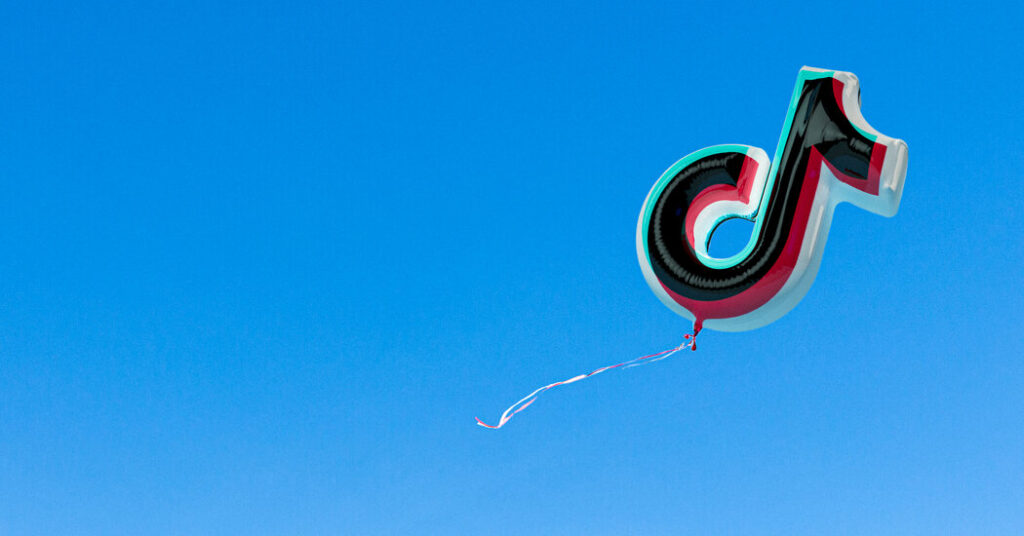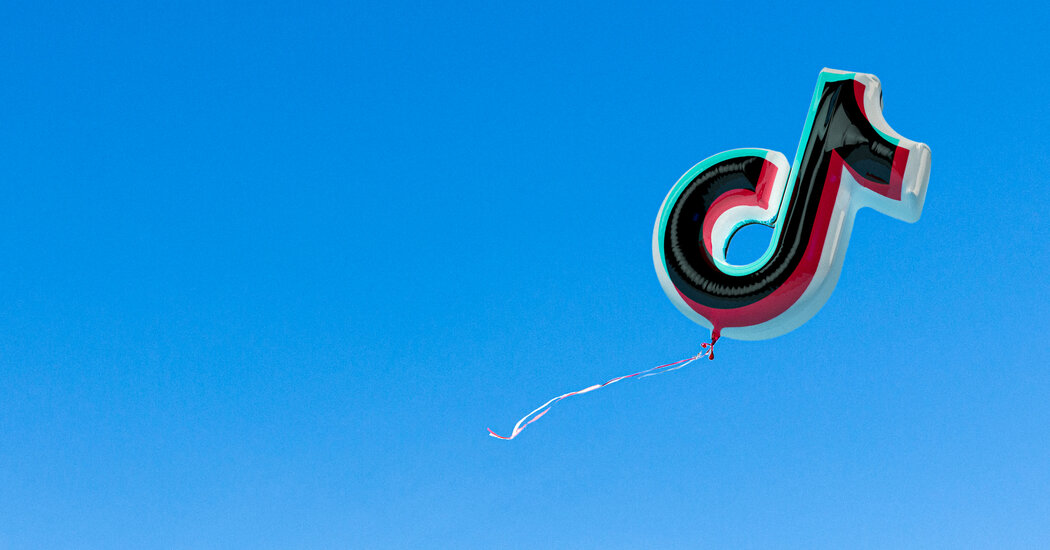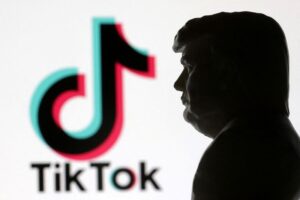What is No One Misses TikTok?
TikTok’s cultural footprint in America is huge. Why is its potential disappearance being met with a shrug?


So this may be the way TikTok ends: not with a bang, but with a whimper.
Over the past few weeks, as the Jan. 19 deadline loomed for the forced sale of TikTok by ByteDance, its Chinese parent company, I’ve been struck by how few Americans seem concerned about the prospect that one of the nation’s most popular social media apps will simply disappear.
Sure, there are the people calling themselves “TikTok refugees” and joining Xiaohongshu, a Chinese social media app, as a half-joking protest of the U.S. government’s decision to ban TikTok on national security grounds. (The joke part is: OK, Congress, you want to stop us from using a sketchy Chinese social media app? We’ll download an even sketchier Chinese social media app and use that instead.)
There are the TikTok creators who fear losing their audiences and have been frantically trying to persuade their fans to follow them on Instagram and YouTube, and the e-commerce brands and drop-shippers that are going to have to find other places to sell their stuff.
And there is TikTok itself, which has been fighting to save itself in court, along with a handful of lawmakers, free-speech activists and industry groups that have argued that banning the app would do more harm than good. (On Friday, the Supreme Court unanimously upheld the law banning TikTok if it retained Chinese ownership.)
But over the next few days, as the TikTok eulogies pour in, notice what you’re not seeing. There have been no #SaveTikTok rallies to speak of. Hordes of angry Zoomers with lip fillers and broccoli haircuts aren’t marching in the streets demanding justice for their favorite short-form video app. Even among the most die-hard TikTok addicts I know, the dominant mood these days is gallows humor, not outrage or sadness. (This week, a popular meme on TikTok has been users jokingly saying goodbye to their Chinese spies.)
Is it really possible that TikTok, an app with roughly 170 million U.S. users — roughly half of Americans — could vanish with this little fanfare? And if it is, what explains why an app that transformed American culture so completely will have so few mourners?







